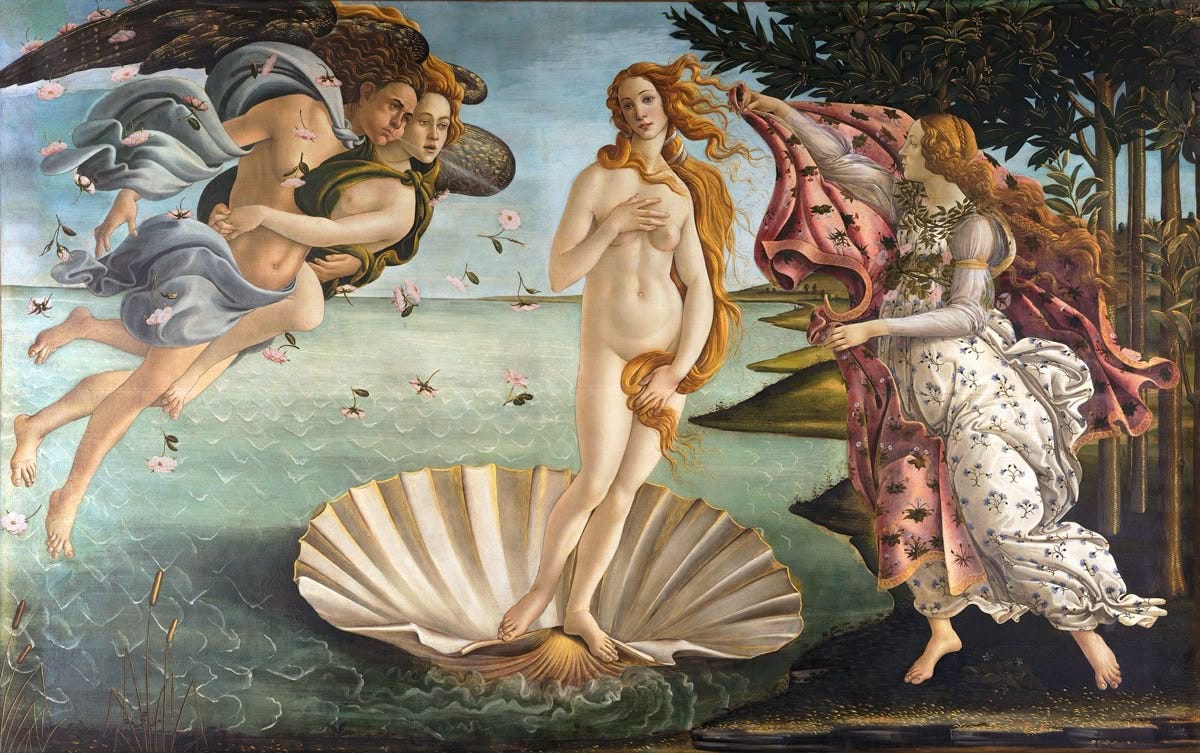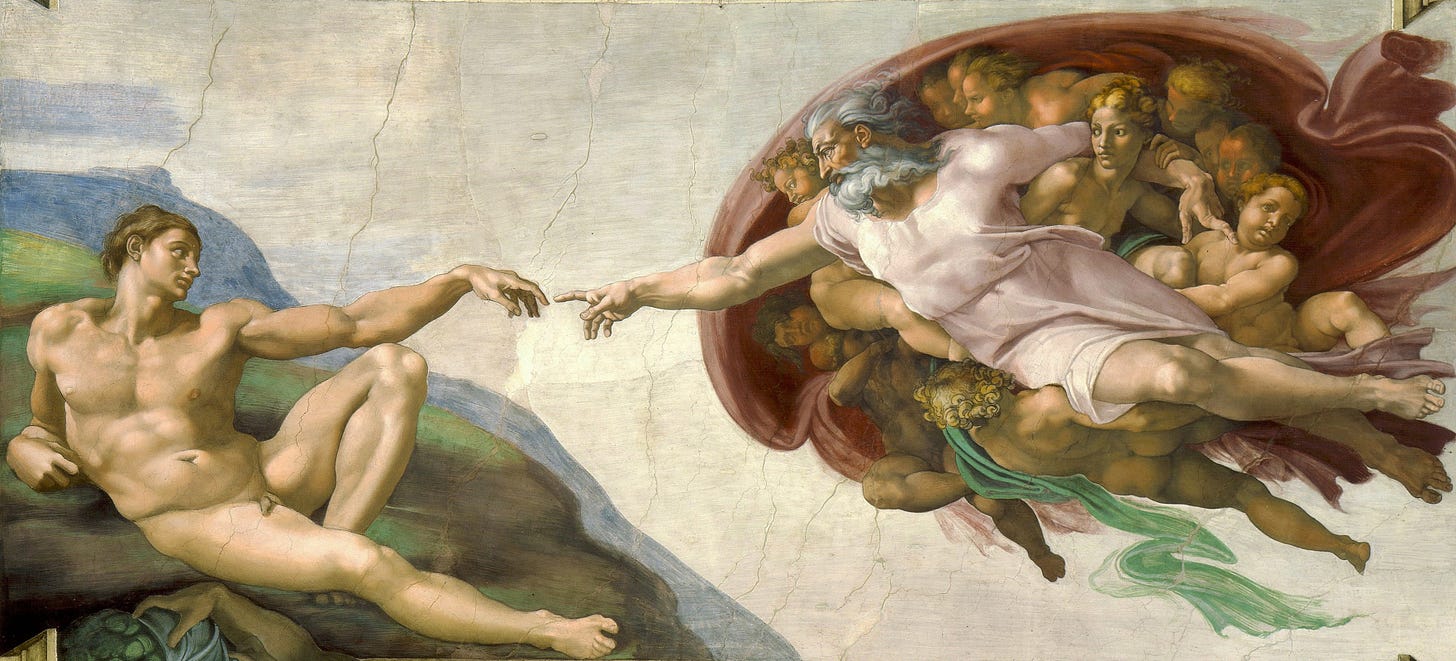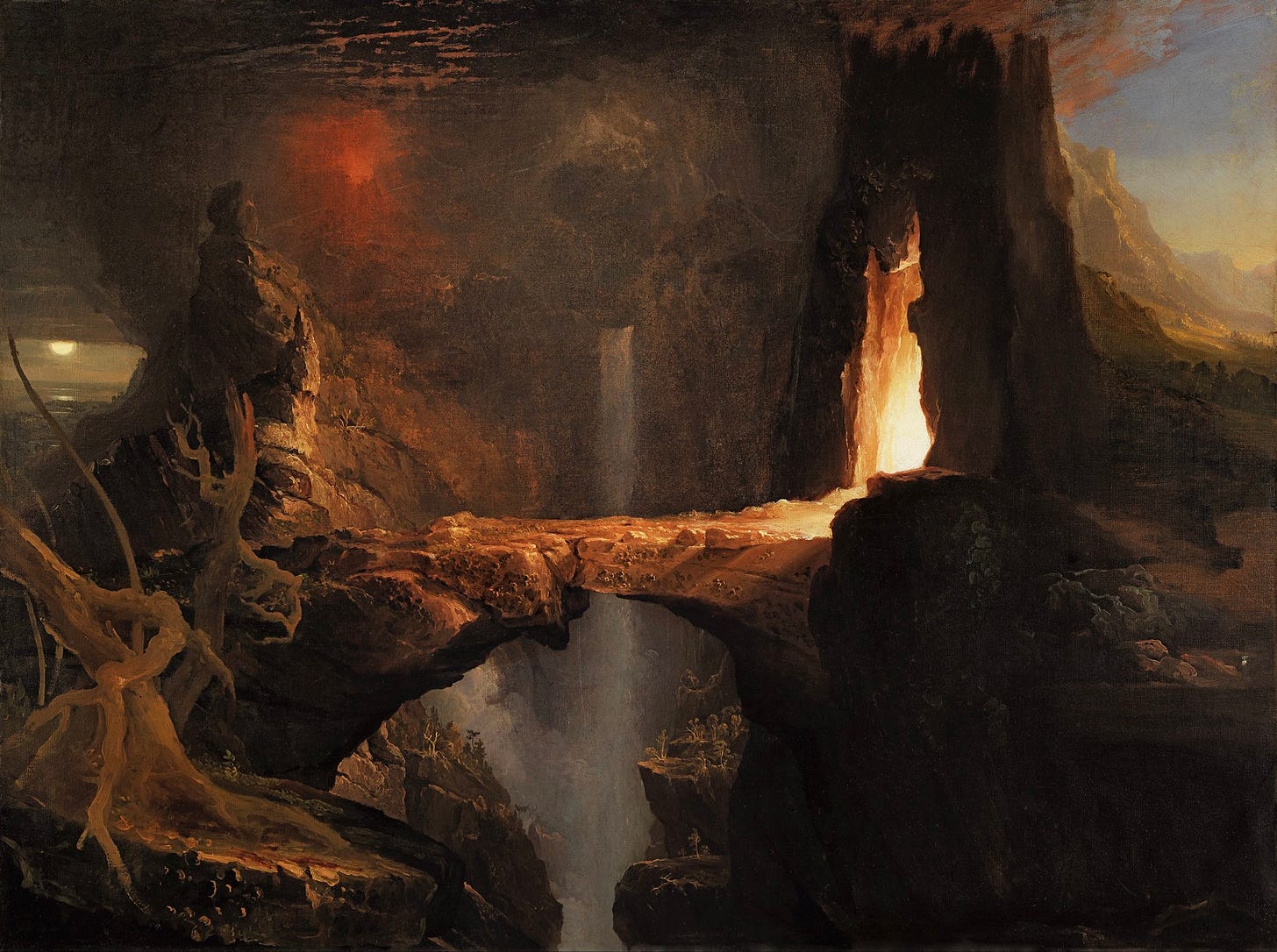Firstly, I’ll admit that perhaps I have been reading the wrong books, and if that is the case, please comment below your favourite speculative fiction stories that incorporate the gods and do it well. In the meantime, in popular fantasy of the modern day, I’ve noticed a strong decline in the establishment of a godly presence. Of course, said gods should not be created if they have no relevance to the story, but in case they do, I wish to offer some of my insights . . .
Always, when a writer is brainstorming the structure of their gods, I suggest they draw inspiration from history and pre-established mythologies to ensure their structure is without flaws. If there was a structure in the past that worked and was not widely questioned for a time, then it perhaps was strong enough to be worthy of the faith of the people.
It is difficult to write a new structure completely from scratch without risking the credibility of the ruling divine, although I would never say it was impossible. However, many writers then may struggle to establish the nature of said gods when trying to adhere to one of the cardinal rules of writing: every character must have clear goals and motivations in order to appear developed.
The problem with applying this rule to the divine is that their nature falls outside of human psychology. Yes, they certainly have goals and motivations, but there is a step to first climb before establishing such things.
I. Understanding the Nature of the Gods
As humans, we live among a simple consequence in the laws of our nature called cause and effect. There is a beginning and an end to all. In relation to the gods, however, in most instances, they exist in a dimension outside of ours, where there perhaps was no beginning, indicating there would not be an end for them. Therefore, laws of their nature are a little different than what we currently understand.
So, to find the true nature of the gods—or god—the writer must first identify whether they will be eternal or just immortal. The difference between the two is that the eternal exists with no beginning or end, and the immortal was created with no end. Thus, if the gods are eternal, they then have an eternal nature, meaning the type of being they are is the nature they adhere to. If they are immortal, then they were created for a purpose. Whatever said purpose is will be their nature.
Since they are beings, they don’t have human-like motivations other than the need to explore and be what they are. For example, the Greek gods are immortal beings created to reign over their assigned domains with great power. So by existing as beings of power, everything they do is an exploration of their abilities, which is why the mythologies aren’t all strictly virtuous teachings. In relation to God in the Christian faith, He is an eternal being and known as a Creator in nature, so it’s worthy to assume it is His pleasure and purpose to create.
Once this is understood, the next steps can be undertaken.
II. Establishing How They Became
After the gods have been made eternal or immortal, a creation story will then need to be established. There are multiple reasons for this, and perhaps the story may not even require such extensive knowledge of the subject, but without this information, there is a strong possibility the writer will fall into a few plot holes and encounter a couple of complications. What is important to remember throughout all of this brainstorming is that whatever decision is made must serve the story, as a decision which does not serve the story only brings it down.
Firstly, a creation story will provide the foundation for the world’s beliefs and thus its morals and values. It pains me to continuously read speculative fiction where the characters swear “on the gods” and yet provide nothing further of the beliefs of said characters. Every time, it baffles me that the characters can use such language regularly yet never think of their gods outside of this context once.
Secondly, establishing how the gods became is the starting point for the lore that will be created after the fact. This beginning will breathe life into the fantasy world and lead the writer towards the way they wish to incorporate their gods into the storyline.
Lastly, establishing such knowledge will provide structure and boundaries to the world, which will further assist the writer in understanding what can and cannot happen in the events to come. This all may sound a little daunting to create at once, but as stated earlier, a wonderful way to brainstorm the structure of the gods is to analyse existing religions, mythologies, legends, and folklore, choose a structure that is similar to the idea in mind, and apply their own personal twist.
III. Their Dark Side
Usually if the gods are prevalent in the story, there is a purpose, which requires a dark side either to them or within their realm. Returning to Christian theology, there was a war among the angels where Lucifer rebelled against God and became the first fallen angel, indicating that in this divine realm, there is not only the justice of God but also, within His supporters, the capability of evil. It was also within the nature of the Greek gods to be selfish and to require praise and sacrifices to appease them. Without such acts, it would be detrimental to the world. This unrighteous nature thus naturally invites darkness.
For there to be enticing tension in the story, understand there must be some sort of darkness among the divine. Then, it must be conveyed how they steered from the pure path or how it is within their nature to be amoral. The ‘how’ is the most important concept for the readers to understand. Otherwise, it will leave the gods to be conveniently unpredictable, allowing the writer to offer an action or reaction to steer the story in a certain direction, making the story seem sloppily put together.
Creating this lore will become easier the moment the writer decides the nature of the divine. Since this will establish their motivations, it will also establish their dark side and create new opportunities for points of contention in the fantasy world without relying on the oh-too-convenient element of surprise. Gods should not act like the wind, unpredictably moving in any which way without reason. Instead, they birth the wind and have the power to control which house to either save or destroy in the tornado.
I’m a freelance book editor whose biggest dream is to help you achieve yours. Visit my website to find out more about my editing and coaching services.








